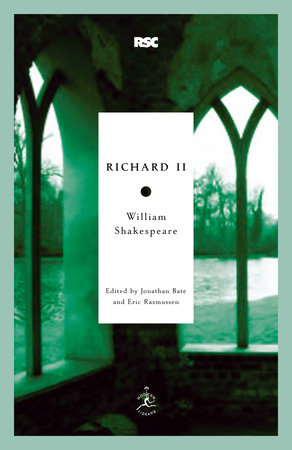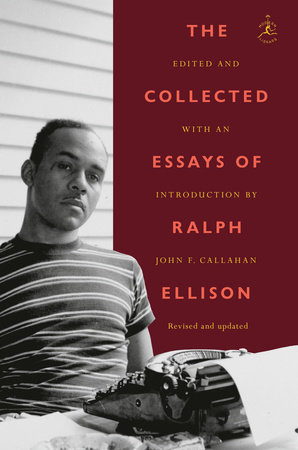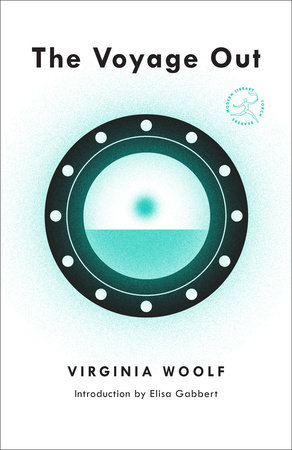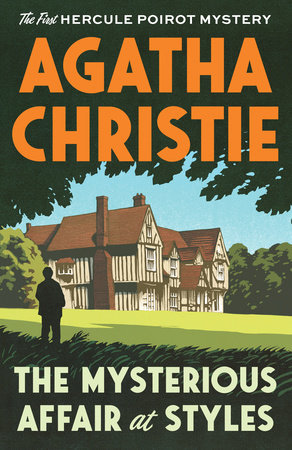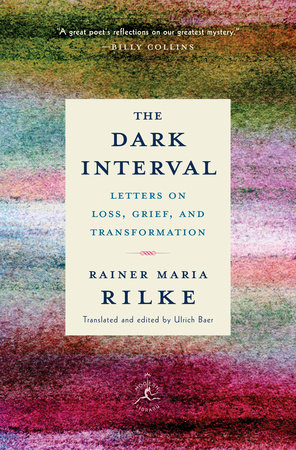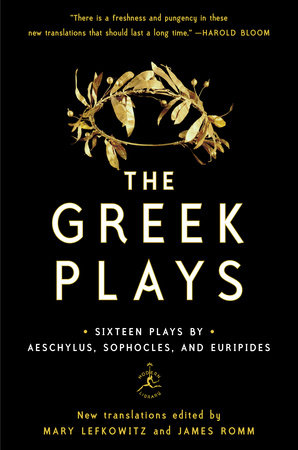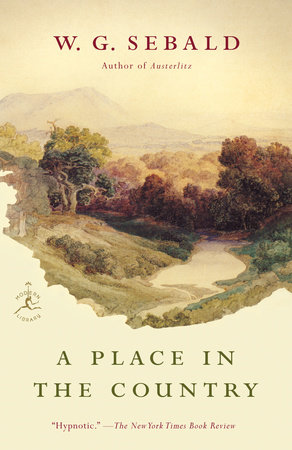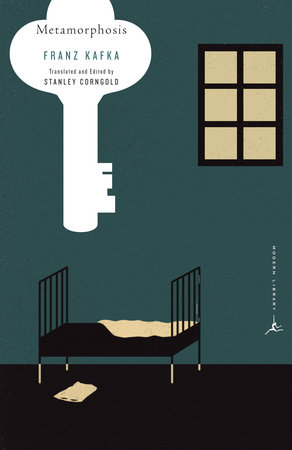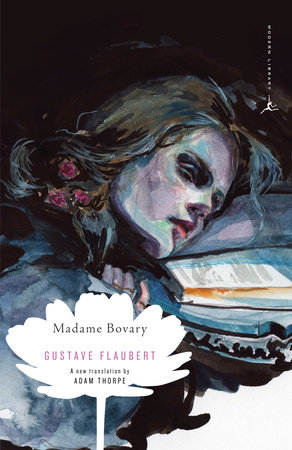Excerpt
Richard II
Chapter 1
Act 1 Scene 1 running scene 1
Enter King Richard, John of Gaunt, with other Nobles and Attendants
KING RICHARD Old John of Gaunt, time-honoured Lancaster,
Hast thou according to thy oath and band
Brought hither Henry Hereford thy bold son,
Here to make good the boist'rous late appeal,
Which then our leisure would not let us hear,
Against the Duke of Norfolk, Thomas Mowbray?
GAUNT I have, my liege.
KING RICHARD Tell me, moreover, hast thou sounded him,
If he appeal the duke on ancient malice,
Or worthily, as a good subject should,
On some known ground of treachery in him?
GAUNT As near as I could sift him on that argument,
On some apparent danger seen in him
Aimed at your highness, no inveterate malice.
KING RICHARD Then call them to our presence. [Exit an Attendant]
Face to face,
And frowning brow to brow, ourselves will hear
Th'accuser and the accusèd freely speak;
High-stomached are they both, and full of ire,
In rage deaf as the sea, hasty as fire.
Enter Bullingbrook and Mowbray
BULLINGBROOK Many years of happy days befall
My gracious sovereign, my most loving liege!
MOWBRAY Each day still better other's happiness
Until the heavens, envying earth's good hap,
Add an immortal title to your crown!
KING RICHARD We thank you both. Yet one but flatters us,
As well appeareth by the cause you come,
Namely, to appeal each other of high treason.
Cousin of Hereford, what dost thou object
Against the Duke of Norfolk, Thomas Mowbray?
BULLINGBROOK First, heaven be the record to my speech!
In the devotion of a subject's love,
Tend'ring the precious safety of my prince,
And free from other misbegotten hate,
Come I appellant to this princely presence.
Now, Thomas Mowbray, do I turn to thee,
And mark my greeting well, for what I speak
My body shall make good upon this earth,
Or my divine soul answer it in heaven.
Thou art a traitor and a miscreant;
Too good to be so and too bad to live,
Since the more fair and crystal is the sky,
The uglier seem the clouds that in it fly.
Once more, the more to aggravate the note,
With a foul traitor's name stuff I thy throat;
And wish - so please my sovereign - ere I move,
What my tongue speaks my right drawn sword may prove.
MOWBRAY Let not my cold words here accuse my zeal:
'Tis not the trial of a woman's war,
The bitter clamour of two eager tongues,
Can arbitrate this cause betwixt us twain.
The blood is hot that must be cooled for this.
Yet can I not of such tame patience boast
As to be hushed and nought at all to say.
First, the fair reverence of your highness curbs me
From giving reins and spurs to my free speech,
Which else would post until it had returned
These terms of treason doubly down his throat.
Setting aside his high blood's royalty,
And let him be no kinsman to my liege,
I do defy him, and I spit at him,
Call him a slanderous coward and a villain,
Which to maintain I would allow him odds,
And meet him, were I tied to run afoot
Even to the frozen ridges of the Alps,
Or any other ground inhabitable
Wherever Englishman durst set his foot.
Meantime, let this defend my loyalty:
By all my hopes most falsely doth he lie.
BULLINGBROOK Pale trembling coward, there I Throws down his gage
throw my gage,
Disclaiming here the kindred of a king,
And lay aside my high blood's royalty,
Which fear, not reverence, makes thee to except.
If guilty dread hath left thee so much strength
As to take up mine honour's pawn, then stoop.
By that and all the rites of knighthood else,
Will I make good against thee, arm to arm,
What I have spoken, or thou canst devise.
MOWBRAY I take it up, and by that sword I swear Takes up gage
Which gently laid my knighthood on my shoulder,
I'll answer thee in any fair degree,
Or chivalrous design of knightly trial:
And when I mount, alive may I not light,
If I be traitor or unjustly fight!
KING RICHARD What doth our cousin lay to Mowbray's charge?
It must be great that can inherit us
So much as of a thought of ill in him.
BULLINGBROOK Look what I said: my life shall prove it true,
That Mowbray hath received eight thousand nobles
In name of lendings for your highness' soldiers,
The which he hath detained for lewd employments,
Like a false traitor and injurious villain.
Besides I say, and will in battle prove,
Or here or elsewhere to the furthest verge
That ever was surveyed by English eye,
That all the treasons for these eighteen years
Complotted and contrivèd in this land
Fetched from false Mowbray their first head and spring.
Further I say, and further will maintain
Upon his bad life to make all this good,
That he did plot the Duke of Gloucester's death,
Suggest his soon-believing adversaries,
And consequently, like a traitor coward,
Sluiced out his innocent soul through streams of blood:
Which blood, like sacrificing Abel's, cries
Even from the tongueless caverns of the earth
To me for justice and rough chastisement.
And by the glorious worth of my descent,
This arm shall do it, or this life be spent.
KING RICHARD How high a pitch his resolution soars!
Thomas of Norfolk, what sayest thou to this?
MOWBRAY O, let my sovereign turn away his face
And bid his ears a little while be deaf,
Till I have told this slander of his blood,
How God and good men hate so foul a liar.
KING RICHARD Mowbray, impartial are our eyes and ears.
Were he my brother, nay, our kingdom's heir,
As he is but my father's brother's son,
Now, by my sceptre's awe, I make a vow,
Such neighbour nearness to our sacred blood
Should nothing privilege him, nor partialize
The unstooping firmness of my upright soul.
He is our subject, Mowbray, so art thou.
Free speech and fearless I to thee allow.
MOWBRAY Then, Bullingbrook, as low as to thy heart,
Through the false passage of thy throat, thou liest.
Three parts of that receipt I had for Calais
Disbursed I duly to his highness' soldiers;
The other part reserved I by consent,
For that my sovereign liege was in my debt
Upon remainder of a dear account,
Since last I went to France to fetch his queen.
Now swallow down that lie. For Gloucester's death,
I slew him not; but to mine own disgrace
Neglected my sworn duty in that case.
For you, my noble lord of Lancaster,
The honourable father to my foe,
Once I did lay an ambush for your life -
A trespass that doth vex my grievèd soul.
But ere I last received the sacrament
I did confess it, and exactly begged
Your grace's pardon, and I hope I had it.
This is my fault. As for the rest appealed,
It issues from the rancour of a villain,
A recreant and most degenerate traitor
Which in myself I boldly will defend,
And interchangeably hurl down my gage Throws down his gage
Upon this overweening traitor's foot,
To prove myself a loyal gentleman
Even in the best blood chambered in his bosom.
In haste whereof, most heartily I pray
Your highness to assign our trial day.
KING RICHARD Wrath-kindled gentlemen, be ruled by me:
Let's purge this choler without letting blood.
This we prescribe, though no physician:
Deep malice makes too deep incision.
Forget, forgive, conclude and be agreed:
Our doctors say this is no time to bleed.
Good uncle, let this end where it begun:
We'll calm the Duke of Norfolk, you your son.
GAUNT To be a make-peace shall become my age:
Throw down, my son, the Duke of Norfolk's gage.
KING RICHARD And, Norfolk, throw down his.
GAUNT When, Harry, when?
Obedience bids I should not bid again.
KING RICHARD Norfolk, throw down, we bid; there is no boot.
MOWBRAY Myself I throw, dread sovereign, at thy foot. Kneels
My life thou shalt command, but not my shame:
The one my duty owes, but my fair name,
Despite of death that lives upon my grave,
To dark dishonour's use thou shalt not have.
I am disgraced, impeached and baffled here,
Pierced to the soul with slander's venomed spear,
The which no balm can cure but his heart-blood
Which breathed this poison.
KING RICHARD Rage must be withstood.
Give me his gage. Lions make leopards tame.
MOWBRAY Yea, but not change his spots. Take but my shame,
And I resign my gage. My dear dear lord,
The purest treasure mortal times afford
Is spotless reputation: that away,
Men are but gilded loam or painted clay.
A jewel in a ten-times-barred-up chest
Is a bold spirit in a loyal breast.
Mine honour is my life; both grow in one:
Take honour from me, and my life is done.
Then, dear my liege, mine honour let me try.
In that I live and for that will I die.
KING RICHARD Cousin, throw down your gage. Do you begin.
BULLINGBROOK O, heaven defend my soul from such foul sin!
Shall I seem crest-fall'n in my father's sight?
Or with pale beggar-fear impeach my height
Before this out-dared dastard? Ere my tongue
Shall wound mine honour with such feeble wrong,
Or sound so base a parle, my teeth shall tear
The slavish motive of recanting fear,
And spit it bleeding in his high disgrace,
Where shame doth harbour, even in Mowbray's face.
Exit Gaunt
KING RICHARD We were not born to sue, but to command,
Which since we cannot do to make you friends,
Be ready, as your lives shall answer it,
At Coventry upon Saint Lambert's day:
There shall your swords and lances arbitrate
The swelling difference of your settled hate.
Since we cannot atone you, we shall see
Justice design the victor's chivalry.
Lord Marshal, command our officers at arms
Be ready to direct these home alarms. Exeunt
Act 1 Scene 2 running scene 2
Enter Gaunt and Duchess of Gloucester
GAUNT Alas, the part I had in Gloucester's blood
Doth more solicit me than your exclaims,
To stir against the butchers of his life.
But since correction lieth in those hands
Which made the fault that we cannot correct,
Put we our quarrel to the will of heaven,
Who, when they see the hours ripe on earth,
Will rain hot vengeance on offenders' heads.
DUCHESS Finds brotherhood in thee no sharper spur?
Hath love in thy old blood no living fire?
Edward's seven sons, whereof thyself art one,
Were as seven vials of his sacred blood,
Or seven fair branches springing from one root:
Some of those seven are dried by nature's course,
Some of those branches by the Destinies cut.
But Thomas, my dear lord, my life, my Gloucester,
One vial full of Edward's sacred blood,
One flourishing branch of his most royal root,
Is cracked, and all the precious liquor spilt,
Is hacked down, and his summer leaves all faded,
By envy's hand and murder's bloody axe.
Ah, Gaunt, his blood was thine! That bed, that womb,
That metal, that self-mould that fashioned thee
Made him a man. And though thou liv'st and breath'st,
Yet art thou slain in him. Thou dost consent
In some large measure to thy father's death,
In that thou see'st thy wretched brother die,
Who was the model of thy father's life.
Call it not patience, Gaunt, it is despair.
In suff'ring thus thy brother to be slaughtered,
Thou show'st the naked pathway to thy life,
Teaching stern murder how to butcher thee.
That which in mean men we entitle patience
Is pale cold cowardice in noble breasts.
What shall I say? To safeguard thine own life,
The best way is to venge my Gloucester's death.
GAUNT Heaven's is the quarrel, for heaven's substitute,
His deputy anointed in his sight,
Hath caused his death, the which if wrongfully,
Let heaven revenge, for I may never lift
An angry arm against his minister.
DUCHESS Where then, alas, may I complaint myself?
GAUNT To heaven, the widow's champion to defence.
DUCHESS Why, then, I will. Farewell, old Gaunt.
Thou go'st to Coventry, there to behold
Our cousin Hereford and fell Mowbray fight.
O, sit my husband's wrongs on Hereford's spear,
That it may enter butcher Mowbray's breast!
Or if misfortune miss the first career,
Be Mowbray's sins so heavy in his bosom,
That they may break his foaming courser's back,
And throw the rider headlong in the lists,
A caitiff recreant to my cousin Hereford!
Farewell, old Gaunt: thy sometimes brother's wife
With her companion grief must end her life.
GAUNT Sister, farewell. I must to Coventry.
As much good stay with thee as go with me!
DUCHESS Yet one word more: grief boundeth where it falls,
Not with the empty hollowness, but weight.
I take my leave before I have begun,
For sorrow ends not when it seemeth done.
Commend me to my brother, Edmund York.
Lo, this is all. Nay, yet depart not so:
Though this be all, do not so quickly go.
I shall remember more. Bid him - O, what? -
With all good speed at Plashy visit me.
Alack, and what shall good old York there see
But empty lodgings and unfurnished walls,
Unpeopled offices, untrodden stones?
And what hear there for welcome but my groans?
Therefore commend me, let him not come there
To seek out sorrow that dwells everywhere.
Desolate, desolate, will I hence and die:
The last leave of thee takes my weeping eye. Exeunt
Act 1 Scene 3 running scene 3
Enter [the Lord] Marshal and Aumerle
LORD MARSHAL My Lord Aumerle, is Harry Hereford armed?
AUMERLE Yea, at all points, and longs to enter in.
LORD MARSHAL The Duke of Norfolk, sprightfully and bold,
Stays but the summons of the appellant's trumpet.
AUMERLE Why, then, the champions are prepared, and stay
For nothing but his majesty's approach.
Flourish. Enter King, Gaunt, Bushy, Bagot, Green and others. [When they are set,] then Mowbray in armour and [a] Herald
KING RICHARD Marshal, demand of yonder champion
The cause of his arrival here in arms.
Ask him his name and orderly proceed
To swear him in the justice of his cause.
LORD MARSHAL In God's name and the king's, say who thou art
And why thou com'st thus knightly clad in arms,
Against what man thou com'st, and what's thy quarrel.
Speak truly, on thy knighthood and thine oath,
As so defend thee heaven and thy valour!
MOWBRAY My name is Thomas Mowbray, Duke of Norfolk,
Who hither comes engagèd by my oath -
Which heaven defend a knight should violate! -
Both to defend my loyalty and truth
To God, my king and his succeeding issue,
Against the Duke of Hereford that appeals me,
And, by the grace of God and this mine arm,
To prove him, in defending of myself,
A traitor to my God, my king, and me.
And as I truly fight, defend me heaven!
Tucket. Enter Hereford [Bullingbrook] and Herald
KING RICHARD Marshal, ask yonder knight in arms,
Both who he is and why he cometh hither
Thus plated in habiliments of war,
And formally, according to our law,
Depose him in the justice of his cause.


